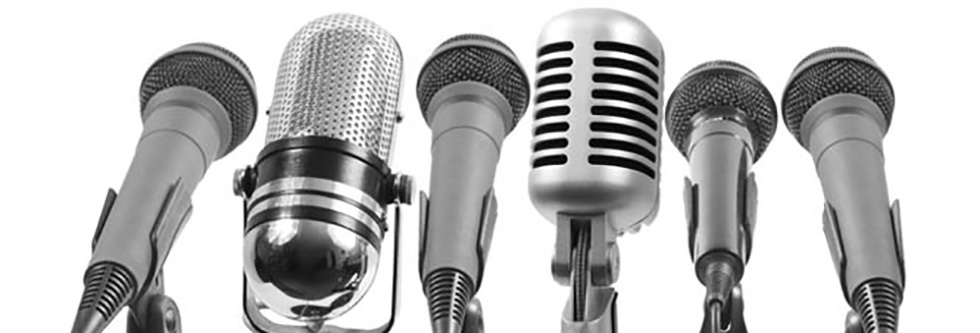Deciding it was time to purchase a new sofa – one with a bed – my friend googled “sleeper sofas”. Well, actually, that was not exactly how it went because his spelling was phonetic. He spelled his entry just the way he would have said it: “sleeper sofers”. It is not easy to fool Google! They immediately corrected his misarticulation and said, “Did you mean “sleeper sofas”?” He chuckled and acknowledged that his “intrusive r” had once again given away his regional New York accent!
This story illustrates a frequent speech issue experienced by some New Yorkers: when to use the /r/ and when not to use the /r/. When you say the word “idea”, or “draw”, or if you have a friend named Lisa, make sure you do not add an /r/ to any of these words or names because it would be intruding. If you do add the intrusive /r/ your speech might sound like this:
– I have no idear.
– He likes to drawr.
– Please ask Liser if she can come.
Avoid Adding /r/ In NY Accent
In order to avoid adding the /r/, end the word with an open mouth and have the vowel be the final sound that you hear!
Conversely, when the /r/ is used in other contexts, particularly after a vowel in what is known as the post-vocalic position, which occurs with great frequency in Standard American English, it should be pronounced clearly and strongly. The /r/ is very tricky for New Yorkers who are more often guilty of dropping it at the end of a word such as “mother” (muthah) or in the middle of a word such as “yesterday” (yestuhday). The same /r/ omission also occurs before a consonant in words such as “card”, which ends up sounding like “cahd”. This identifying speech characteristic often leads people to say “Oh, you must be from Noo Yawk”. Clearly, not all New Yorkers speak this way, but it is the stereotypical impression of the New York accent pattern that has been promoted in many movies, such as My Cousin Vinnie. It is also a speech pattern taught by dialect coaches to actors who need to play a New Yorker.
Asians, Germans, Israelis Also Have Difficulty with /r/
The /r/ is also a very difficult sound for foreigners to learn because placement for the articulators is less specific than it is for a sound such as /b/ where you can see how it is formed and produce it by placing your lips together. If you are, for example, Asian, German, or Israeli, you have probably struggled with producing the Standard American /r/ clearly. However, with the assistance of a Speech Pathologist/Dialect Coach who specializes in foreign and regional accent reduction and elimination, you can learn to produce a much clearer and more easily understood /r/.
Test Your /r/Production and Articulation
Test your /r/ production on the following sentences. Read them aloud and record yourself so that when you listen to the recording, you will be able to assess the consistency of your /r/ production
- Recently, Robin read a review of the newly renovated restaurant.
- Yesterday, her mother agreed to purchase the stroller for her sister’s baby shower.
- Arthur, the charming artist, argued with the architect about the article in the newspaper.
- I’d like to thank you for your support and ask you for four more weeks to arrange for the mortgage.
- Mary bought the silverware at the hardware story.
- It is unclear if he will still have a career at the end of the year.
How To Reduce Your New York or Foreign Accent
You can use a speech pathologist to help work on your New York accent. If you have noticed that your /r/ is not being articulated correctly and you want to improve your speech or reduce a regional or foreign accent, you can do so with the guidance of a trained dialect coach. They will help train your ear so that you can hear the difference between the standard production of the /r/ and the regional New York production. Using structured drill sheets, you will learn to produce a correct /r/ in words, sentences, and finally in ongoing conversational speech. After you learn when to use the /r/ and when not to use the /r/, the question will not be “Are you from Noo Yawk?” but “Where are you from?”









Thank you so much for this article. I can’t afford to hire a speech pathologist, but just the information relative to the “r” rules sounds as though it may greatly help me to stop sounding like that character played by Penny Marshall in an old television comedy series, the title of which I cannot remember. I don’t have a heavy New York accent but my parents hailed from Hoboken and Union City. I have had the opportunity to hear myself speaking on recordings and I don’t like it. Don’t get me wrong, New Yorkers are the bomb! Wonderful people! I, however, am, by nature, a more refined person, and wish to speak thusly.
Glad you found this to be helpful!
The information you gave about the “r” was really helpful. I lived in New York and New Jersey and now I live in Virginia. My accent sticks out like a sore thumb everywhere I go. This article will really help me. Thanks.
I’m so glad that you found the article helpful. Thanks for letting me know and good luck working on our “r”!